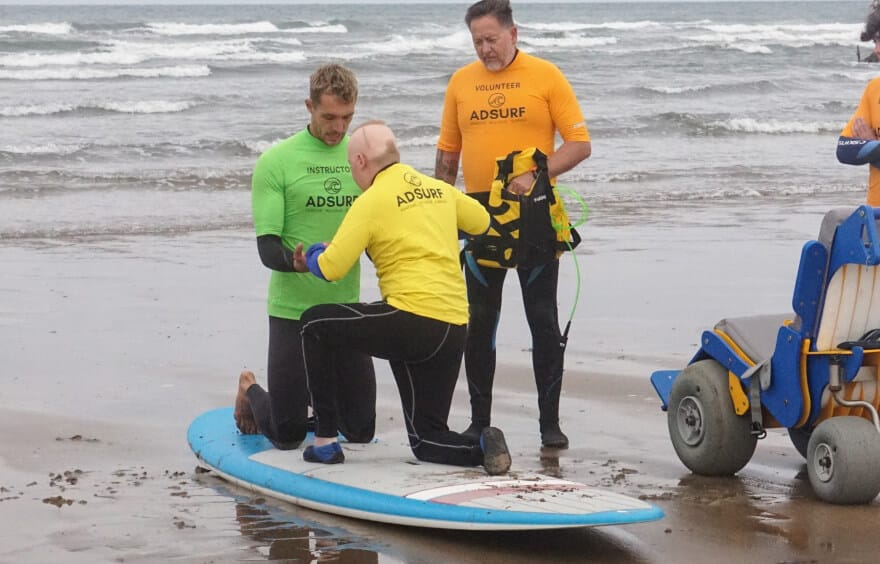
Boardmasters Foundation partners with CCF to enhance local impact across the county
To support local groups in preparing strong applications, we are hosting a free online funding workshop on 15th December Newquay, […]
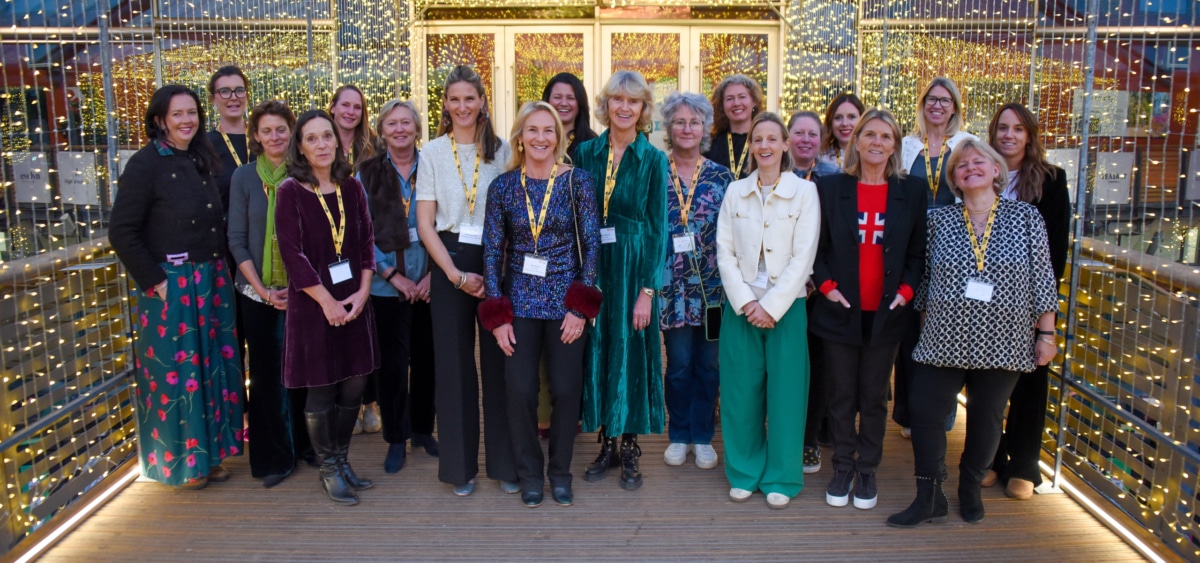
Cornwall Christmas Fair raises £63k to support Cornish communities
Charities providing vital support for Cornwall’s most vulnerable people are receiving an end of year boost thanks to the Cornwall […]
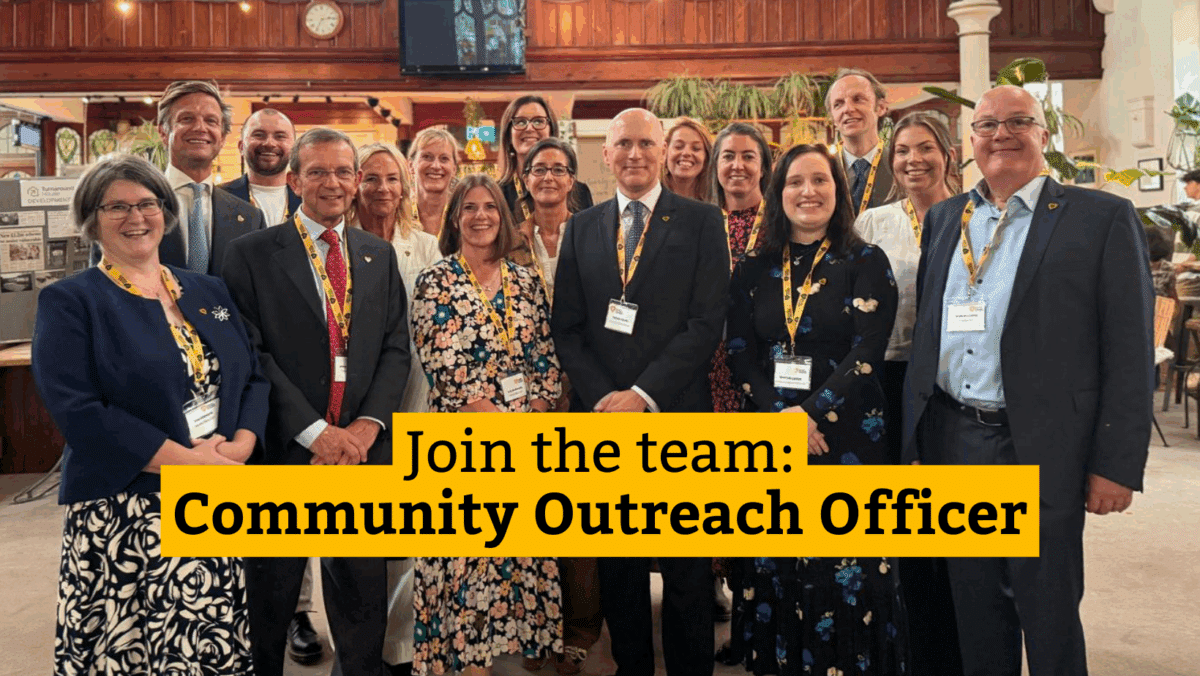
Job Vacancy: Community Outreach Officer
We have an exciting opportunity to join Cornwall Community Foundation as Community Outreach Officer. This is a full time permanent […]
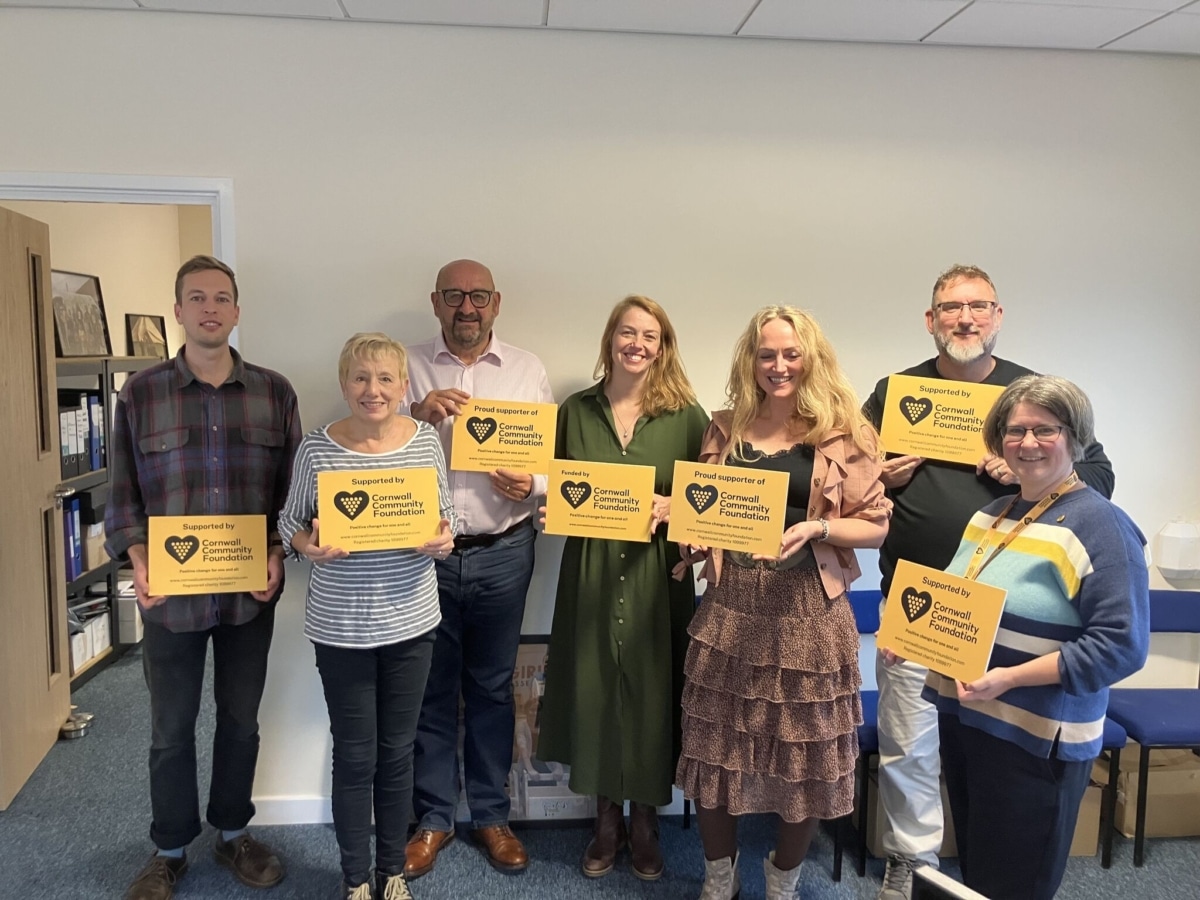
When Purpose Meets Possibility: Celebrating Partnership and Impact
Earlier this month we brought together three exceptional charities, Moorvison, Active 8 & Headway, who have each secured funding through […]
Explore more news

Boardmasters Foundation partners with CCF to enhance local impact across the county
To support local groups in preparing strong applications, we are hosting a free online funding workshop on 15th December Newquay, […]

Cornwall Christmas Fair raises £63k to support Cornish communities
Charities providing vital support for Cornwall’s most vulnerable people are receiving an end of year boost thanks to the Cornwall […]

Job Vacancy: Community Outreach Officer
We have an exciting opportunity to join Cornwall Community Foundation as Community Outreach Officer. This is a full time permanent […]

When Purpose Meets Possibility: Celebrating Partnership and Impact
Earlier this month we brought together three exceptional charities, Moorvison, Active 8 & Headway, who have each secured funding through […]

The Headland Community Fund: Transforming tourism into community impact
Since 2019, The Headland Hotel and Spa has pioneered an innovative approach to community giving through its partnership with Cornwall […]

Leave a Legacy That Lasts: How a Gift in Your Will Can Transform Cornwall’s Communities
Have you ever thought about the lasting impact your legacy could have? Leaving a gift in your will is one […]
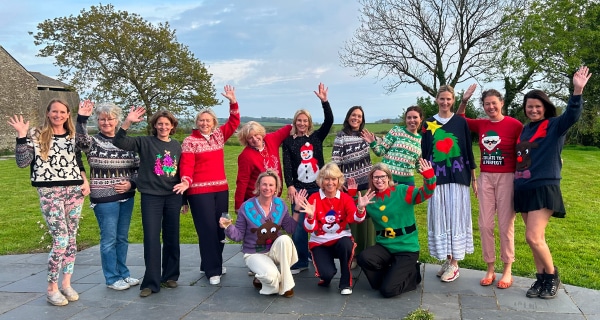
Cornwall Christmas Fair returns to the Eden Project: Tickets now available
The Cornwall Christmas Fair, supporting the Cornwall Community Foundation, returns to the Eden Project on 19th and 20th November offering […]
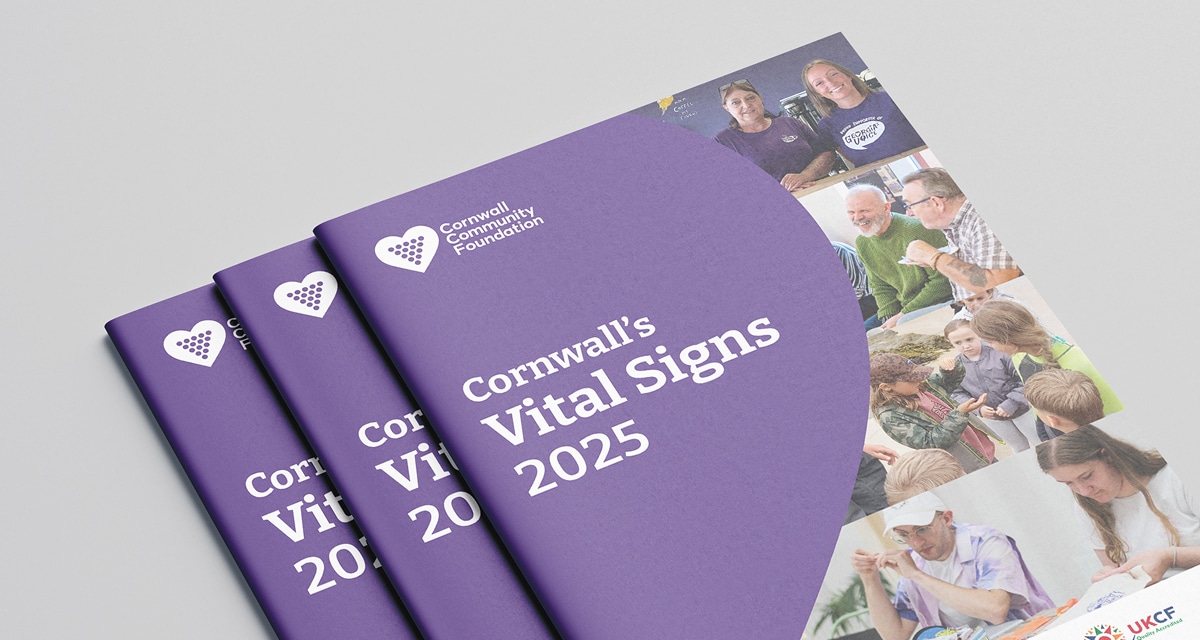
Cornwall Community Foundation reveals stark reality of life in Cornwall through 2025 Vital Signs Report
New research, in partnership with University of Exeter, shows deepening inequality and housing crisis, but highlights remarkable community resilience. September […]
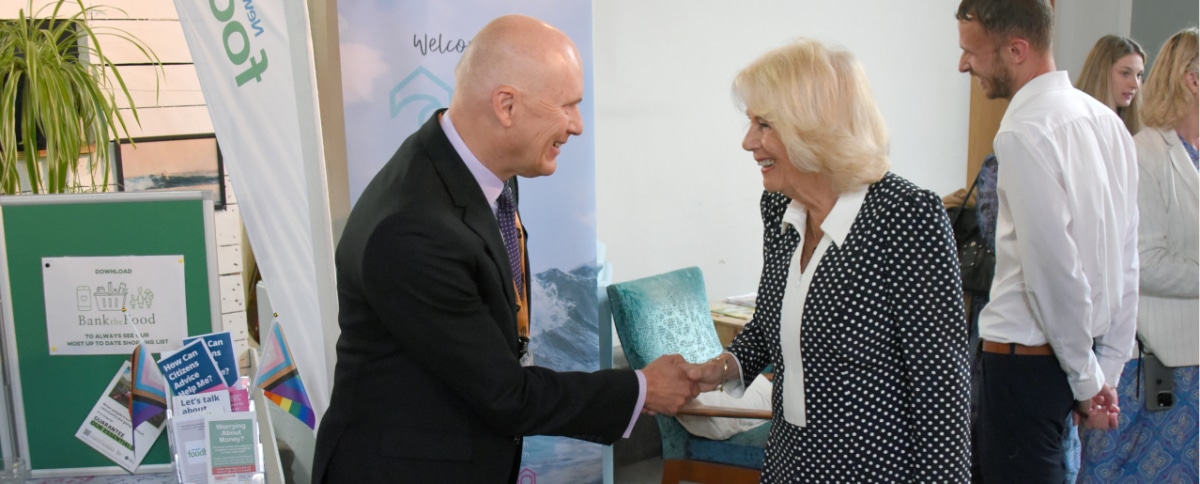
Her Majesty The Queen today visited Cornwall Community Foundation Beneficiaries in Newquay
Her Majesty The Queen, in her role as Patron of the Cornwall Community Foundation (CCF), visited Newquay today to meet […]
